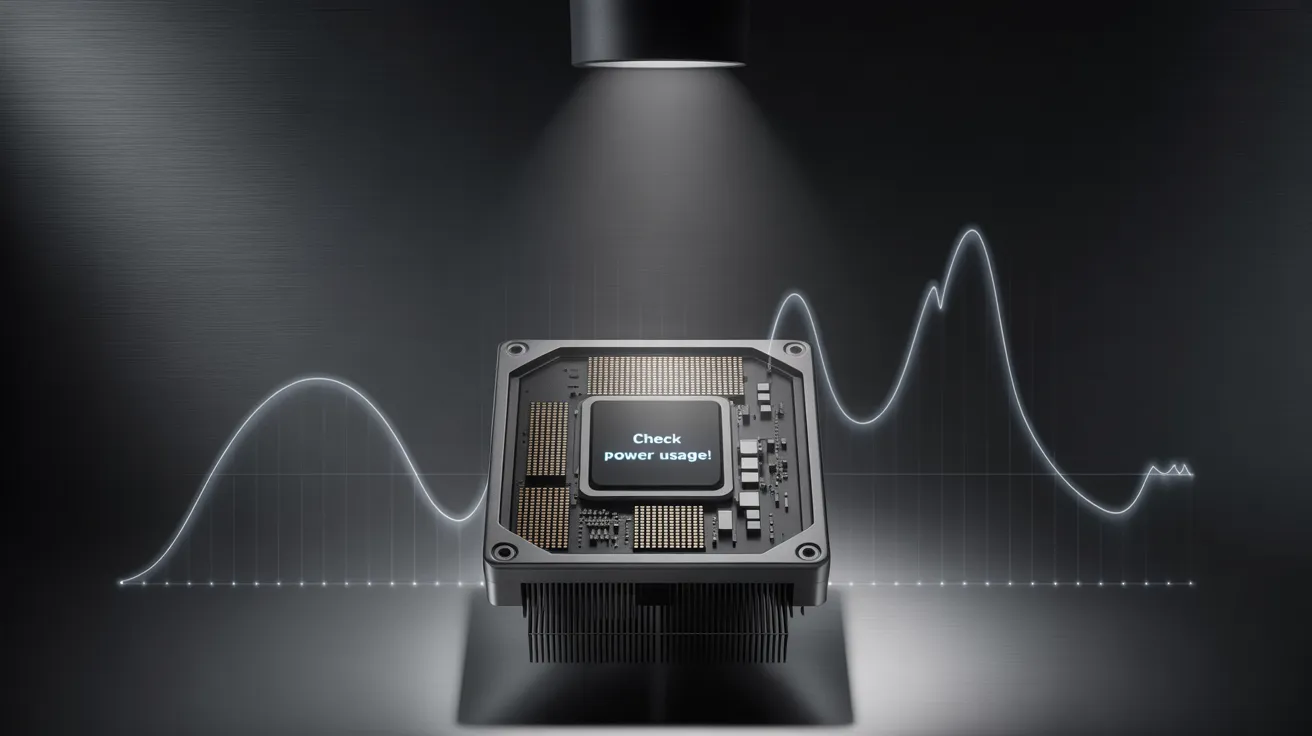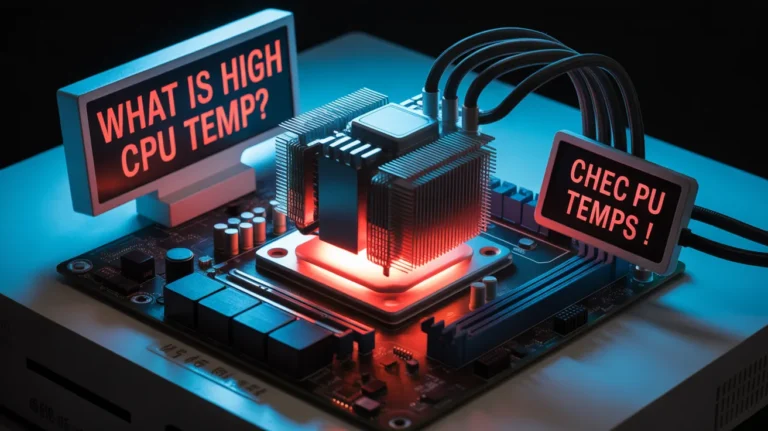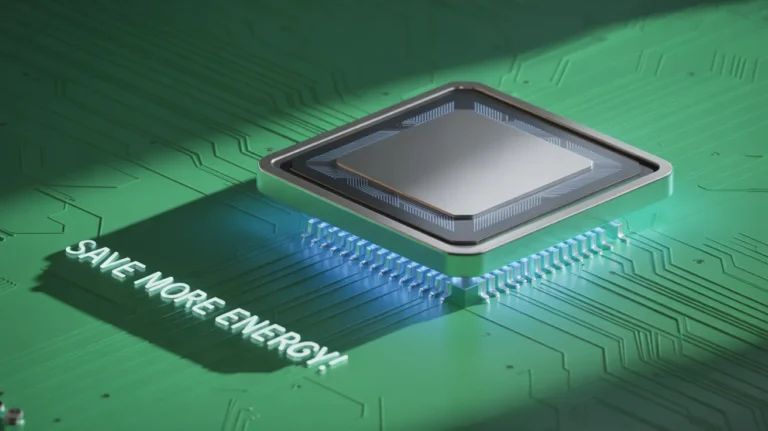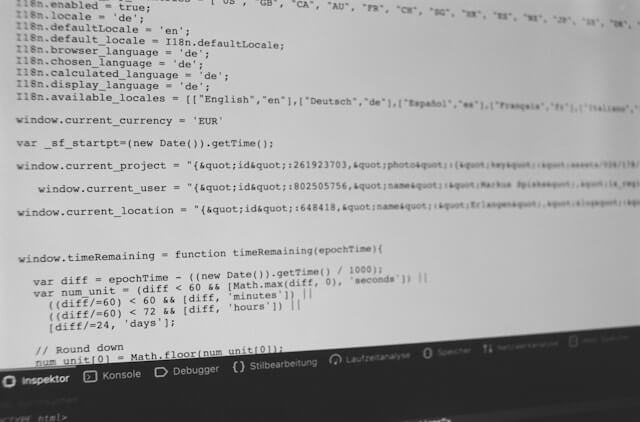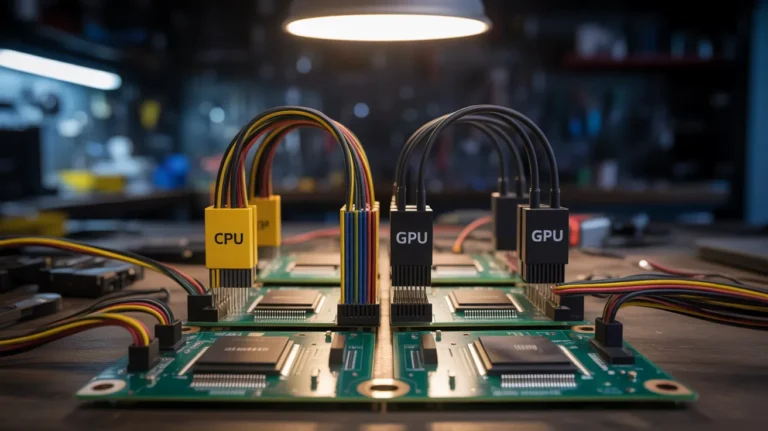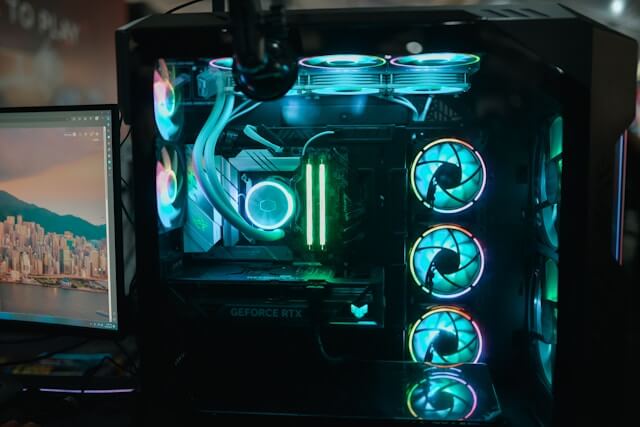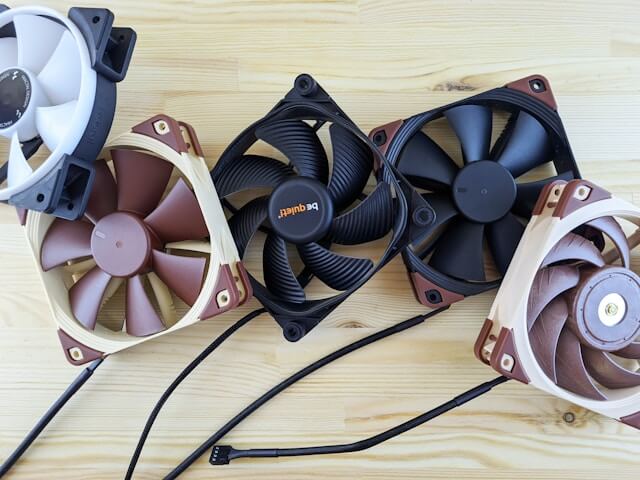How much power does a CPU use? Check Power Usage!
A CPU usually uses 45 to 125 watts of power. Low-power CPUs use less power, while high-performance ones, such as those used for gaming or editing, use more. Power use depends on the CPU model, workload, and how well your PC handles cooling.
In this guide, we will explain how CPU power works, what factors affect it, and how to select the optimal power setup for smooth, stable performance in daily use.
Also Read:Is the CPU on the motherboard? Complete Guide 2025!
What Determines CPU Power Consumption?
CPU power consumption depends on a few key things:
- Clock Speed (GHz): A Higher speed means more power is used. A fast CPU requires more energy to function effectively.
- Number of Cores: More cores, more power. A CPU with 8 cores will use more energy than one with 4 cores.
- CPU Architecture: Newer designs are more power-efficient. Old CPUs often use more electricity.
- Workload: Heavy tasks like gaming or video editing increase power use. Light work, like browsing, uses less.
- Voltage and Temperature: Higher voltage or heat increases power needs. Cooling also affects it.
Also Read: How Much CPU Usage is Normal? Find Out What’s Normal
Why CPU Power Consumption Matters for Your Build
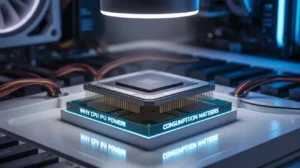
CPU power consumption is important because it affects your whole PC build:
- Power Supply Needs: A high-power CPU needs a stronger power supply (PSU). If your PSU is weak, your system can crash or not start.
- Heat and Cooling: More power means more heat. You’ll need better cooling fans or liquid coolers to keep the CPU safe.
- Electricity Use: A power-hungry CPU uses more electricity, which increases your bill, especially if you use your PC for long hours.
- System Stability: If power isn’t managed well, it can cause system lag, shutdowns, or hardware damage.
Also Read: Can I use a CPU cable for a GPU? Complete guide to CPU!
How Cooling Systems Influence CPU Power Draw
Cooling systems help control CPU temperature, which also affects power draw:
- Cooler CPU Runs Better: When the CPU stays cool, it works more efficiently and doesn’t need to draw extra power.
- Avoids Thermal Throttling: Without good cooling, the CPU gets hot and slows down to protect itself. This can still use high power but with lower performance.
- Boosting and Overclocking: Better cooling allows higher speeds, boost, or overclock, which increases power draw but only if cooling can handle it.
- Stable Performance: A good cooler keeps power use steady, avoids sudden spikes, and helps your PC run smoothly.
Also Read: Does Parsing CSV Files Hit the CPU Hard? Find Out Now
How to Measure CPU Power Consumption
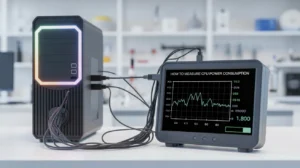
You can measure CPU power using software like HWMonitor, CPU-Z, or HWiNFO. These tools show real-time power usage. For more accurate results, use a power meter to check total system power. Software is easier for most users.
Also Read: Can I use 70% alcohol to clean the CPU? Use Alcohol Right!
Factors Affecting CPU Power Usage
Many things can change how much power a CPU uses:
- Clock Speed: A Higher speed means more power is used.
- Number of Cores: More cores need more energy.
- CPU Load: Heavy tasks like gaming or editing increase power usage.
- Voltage: More voltage, more power, and more heat.
- CPU Type: Newer CPUs are more power-efficient than older ones.
- Background Tasks: Extra apps running in the background also use CPU power.
Also Read: Can a CPU Be Too Cold – A Complete Guide for 2025!
Typical Power Usage of Modern CPUs
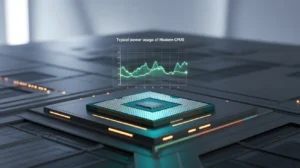
Modern CPUs usually use between 45 to 125 watts, depending on their type and usage.
- Laptop CPUs use less power, around 15 to 45 watts, to save battery.
- Desktop CPUs for normal tasks use around 65 watts.
- High-performance CPUs for gaming or editing can go up to 125 watts or more.
- When under full load or overclocked, power use can be even higher.
Also Read: Is 150 Degrees Fahrenheit Hot for a CPU? [Quick Answer]
How CPU Power Draw Impacts Electricity Bills
If your CPU uses more power, your PC needs more electricity, which increases your electricity bill. Using a power-efficient CPU helps save energy and reduces monthly costs, especially with long daily use.
Also Read: Is 4000 RPM Too Low for a CPU Fan? Explained
How Much Power Does a Typical CPU Use?
A typical CPU uses between 45 to 125 watts, depending on its type and use.
- Laptop CPUs use less power, around 15 to 45 watts.
- Desktop CPUs for normal use need about 65 watts.
- Gaming or high-end CPUs can use up to 125 watts or more.
Also Read: Is 50 Degrees Celsius Hot for a CPU? A Detailed Guide
Does Overclocking Increase CPU Power Usage?
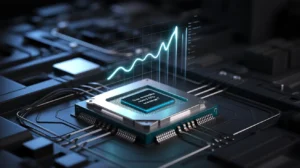
Yes, overclocking increases CPU power usage. When you overclock, the CPU runs faster than normal, which requires more voltage and power. This also creates more heat, so better cooling is needed. Overclocking can improve performance, but it also uses more electricity and may reduce CPU life if not done carefully.
How Cooling Affects Your CPU’s Power Needs
Good cooling helps your CPU stay at a safe temperature. When the CPU stays cool, it can run at higher speeds, which increases power usage but also boosts performance. If cooling is poor, the CPU may slow down or throttle to avoid overheating, which reduces both power use and speed. So, better cooling can increase power needs, but it also helps your CPU work faster and more smoothly.
Also Read: What should CPU voltage be? Stay Within Limits!
FAQs:
1. What factors decide how much electricity a CPU needs?
The CPU’s design architecture, clock speed, number of cores, and the tasks you run all affect how much power it uses.
2. How can I check my CPU’s power usage in real-time?
You can install simple tools like HWMonitor, CPU‑Z, or your motherboard’s software to watch CPU power draw live.
3. Does a high-end CPU always use more power?
Not always newer high‑end CPUs often use power more efficiently, so they can draw similar or even less electricity than older models.
4. Can reducing background tasks lower CPU power use?
Yes. Closing unneeded apps and services makes the CPU work less and cuts its power consumption.
5. Is CPU power usage important for laptop battery life?
Definitely. Lower CPU power draw means your laptop uses less energy and its battery lasts longer.
Also Read: When to upgrade the CPU? Complete Guide 2025!
Conclusion:
CPU power usage depends on its type, speed, and tasks. High power means more heat, higher electricity bills, and the need for better cooling. Choosing an efficient CPU and managing workloads can save energy and improve system performance. For laptops, lower power use means longer battery life. Always match your power setup to your PC’s needs for best results.

